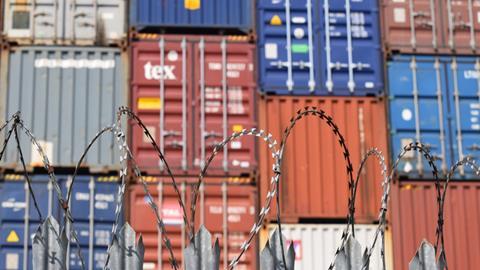The industry is just days away from the phased-in introduction of new post-Brexit trade rules on imports, with warnings that many businesses remain unaware of how they will be affected.
The border target operating model (BTOM) will be introduced on 31 January and companies involved in cross-border trade are urged to find out how the changes will impact their operation.
The BTOM is being introduced to provide guidance for traders, forwarders and transport companies for goods entering and leaving the UK.
The UK government delayed its introduction several times in order for companies to prepare and also to ensure the correct infrastructure was in place.
Importers of products of animal origin and sanitary and phytosanitary (SPS) goods must be aware of the new requirements.
Import entries now demand European Health certificates, SPS certificates, and pre-notification to the Border Force.
New risk categories are being introduced to determine what level of checks are required and the documentation needed for goods subject to SPS controls.
Export health certificates will also be required for certain imports.
Further changes will be phased in at the end of April and on 31 October.
Courier firm Speedy Freight said a failure to comply with the new regulations could result in goods being held at border points, leading to potential stock spoilage and other delays.
Shona Brown, network service manager at Speedy Freight, said: “With the new regulations set to take place at the end of January, there’s still an overwhelming number of businesses that are unaware of the rule changes.
“Big business can be slow to react to the changes, meaning they are likely to be in need of support in the coming months.”
Brown added: “Speedy Freight has been proactive in adapting to the changing landscape of international trade since the UK’s exit from the EU.
“Our dedicated clearance team collaborates with affiliate EU agents to streamline the process of moving goods to and from the continent.
“We also provide guidance to our customers on best practices, document retrieval and the potential impact of the new regulations on trade.”














